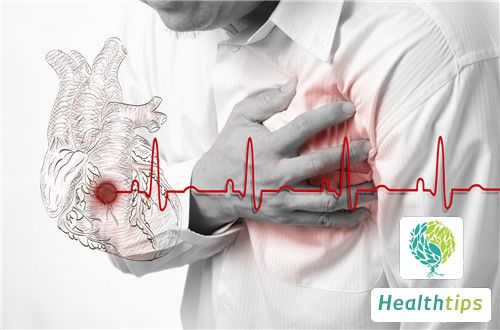Tachycardia can be caused by psychological factors as well as pathological factors. Physiological factors are generally due to thin air or high air pressure in the living environment, and respiratory distress caused by excessive fatigue. As long as the location is changed, it can be automatically restored. Pathological factors are generally caused by heart diseases, bronchial diseases, ventricular ectopic, etc. These diseases can lead to impaired blood return ability of the heart, thereby causing premature contractions, and in severe cases, may even affect the patient's life safety.

1. Sinus tachycardia is quite common. This type of tachycardia is initiated by the sinus node. During an attack, the frequency in adults is between 100 and 150 times per minute, and up to 200 times per minute in children. It is characterized by gradual onset and gradual disappearance. Triggers include emotional excitement, excessive fatigue, nightmares, alcohol consumption, drinking strong tea, drinking coffee, and smoking heavily. Generally, no special treatment is required, as long as the triggering factors are eliminated, it will recover automatically. If caused by certain diseases such as fever, anemia, pregnancy, hyperthyroidism, heart failure, shock, and autonomic nervous dysfunction, treatment should be targeted at the underlying cause under the guidance of a doctor, and medications such as propranolol (10 mg, 3 times a day, contraindicated for asthma, heart failure, hypotension patients, and pregnant women) or metoprolol (25 mg) and diazepam (2.5-5 mg, 3 times a day) may be prescribed. Pressing on the Nei Guan, He Gu, Shen Men acupoints can also be effective.
2. Ventricular tachycardia caused by ventricular ectopic pacemaker is called ventricular tachycardia. Since atrial and atrioventricular junctional tachycardia are not easily distinguishable on an electrocardiogram, they are collectively referred to as supraventricular tachycardia. Paroxysmal supraventricular tachycardia can be seen in normal individuals as well as in patients with various heart diseases, hyperthyroidism, and digitalis intoxication. It is characterized by sudden onset and termination, lasting for several minutes to several hours, accompanied by palpitations, shortness of breath, dizziness, fear, fatigue, a sense of oppression or suffocation in the precordial region, and even heart failure, syncope, etc. The heart rate is 160-250 times per minute with regular rhythm. When an attack occurs, immediate rest and elimination of concerns are recommended. Stimulating the vagus nerve can often quickly stop the attack: 1) Suddenly coughing forcefully. 2) Eating or drinking large amounts. 3) Trying to tilt the head backwards or bend the body forwards. 4) Holding your breath after a deep inhalation and then exhaling forcefully. 5) Using a tongue depressor or chopsticks to stimulate the throat, causing nausea and vomiting. Additionally, pressing on the Nei Guan, Tong Li, Shen Men acupoints can also be effective. If these measures are ineffective, a doctor should be consulted for treatment.
3. Paroxysmal ventricular tachycardia is more common in severe heart diseases and drug poisoning. The heart rate during an attack is 150-200 times per minute, often accompanied by symptoms such as palpitations, shortness of breath, precordial pain, dizziness, pale complexion, and sweating. Blood pressure often decreases, and in severe cases, heart failure, shock, or syncope may occur. If it evolves into a fatal arrhythmia - ventricular fibrillation, sudden death can occur. Therefore, during an attack, the patient should be immediately rested, given oxygen, and oral diazepam (5 mg), and promptly transported to a hospital for treatment.
Recommended reading: How to "Self-Rescue" During Tachycardia During Pregnancy, What to Do When Heart Rate Increases During Pregnancy.

